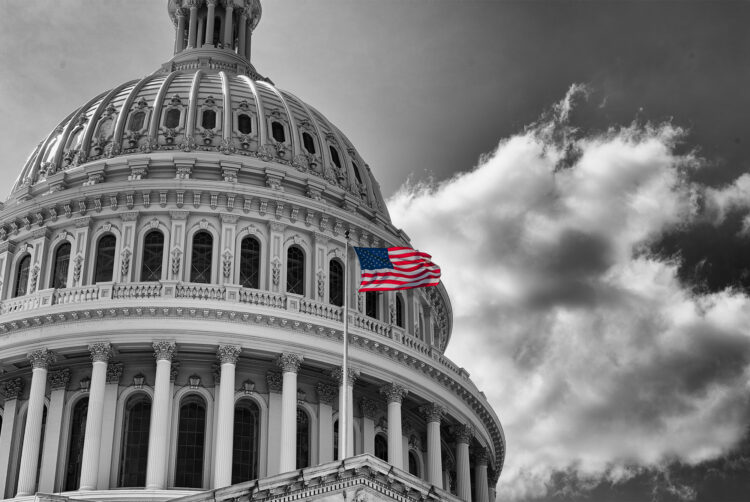Nearly 2,000 brands are still programmatically advertising on 'Stop the Steal' misinformation sites

Nearly 2,000 advertisers and the US Government itself, have advertised on misinformation websites that claim the 2020 Presidential Election was “stolen”, research has revealed.
Analysis from misinformation watchdog NewsGuard showed 1,975 brands, as well as multiple US government agencies and prestigious universities, have advertised on 166 unique, known misinformation websites that spread false “stop the steal” claims undermining the integrity of the 2020 presidential election in the past year.
In the days following the insurrection attempt on January 6, 2021, NewsGuard published prior analysis showing 1,600 brands ran thousands of advertisements on websites that trafficked false election claims in the three months between the 2020 presidential election and the attack on the Capitol.
Major web advertisers such as Google have moved to drop several far-right publishers from its advertising platform in recent years, even before the attack on the the US government.
Yet now, even after watchdogs such as NewsGuard have flagged these sites for misinformation, and as the January 6 congressional committee continues to share findings on the coordinated effort to undermine and overthrow the results of the 2020 election with the public, even more brands have continued to fund the spread of election misinformation through programmatic digital advertising.
Brands implicated span “nearly every industry and business sector”, according to NewsGuard.
Major names such as Honda, UPS, Mastercard, Kohls, Pottery Barn, Blue Cross Blue Shield, and 254 other brands have placed ads on TheFederalist.com, a well-known publisher of fraudulent election claims.
Similarly, NewsGuard alleges that brands such as Nestle, Kia, and AT&T have placed ads on analogous far-right sites like ZeroHedge.com.
Non-profits and educational institutions such as March of Dimes, the Alzheimer’s Association, AllBirds, Harvard University, and the University of Arizona are also implicated in purchasing ads on far-right misinformation sites.
And, perhaps most shockingly, US government agencies including the Department of Veterans Affairs, the Centers for Disease Control and Prevention, and Affordable Care Act website HealthCare.gov have also been found by NewsGuard to advertise on publications that are actively seeking to undermine the integrity of the government they serve.
NewsGuard’s study used Oracle’s Moat Pro ad analytics tool to analyze ad placements across sites it had previously identified as spreaders of election misinformation.
The watchdog stresses that it is “highly likely that in all or most of the cases found” that the brands in question did not intend for their ads to appear on such sites.
In an interview with The Media Leader in May, NewsGuard co-founder and CEO Gordon Crovitz stated: “The irony is CMOs and CEOs and socially responsible board members of companies, when they see their ads on [misinformation] sites, they’re aghast. As they should be.”
The high degree of brands unknowingly funding harmful misinformation highlights the risks associated with programmatic advertising, which facilitates matching brands’ ads with the types of users they want to reach without concern for the nature of the websites where the ad would reach them.
NewsGuard, among other watchdogs, works with brands on exclusion lists with the goal of avoiding targeted lists of websites that the brand would prefer not to be associated with or otherwise fund via programmatic advertising.




